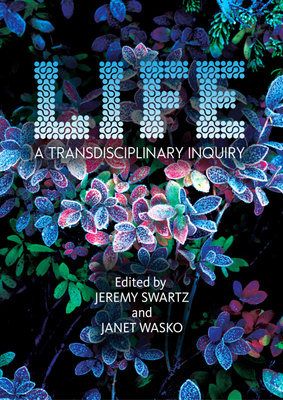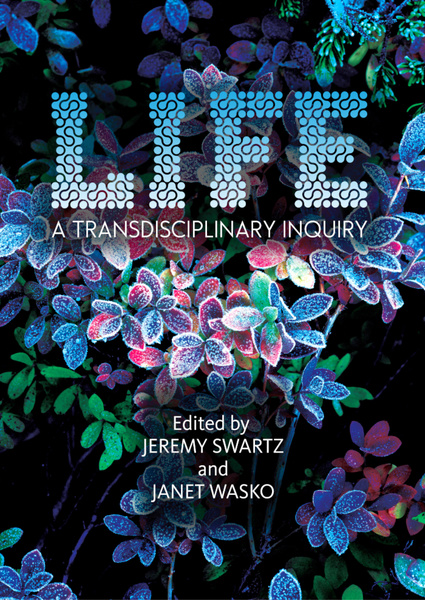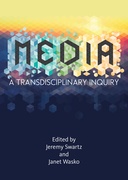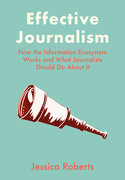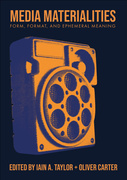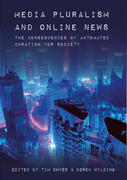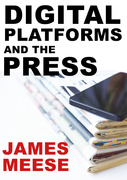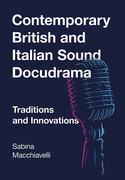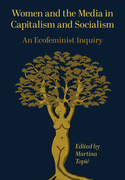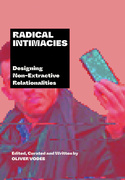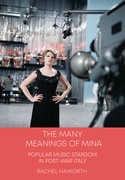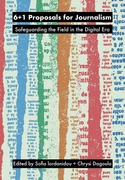LIFE (Book)
A Transdisciplinary Inquiry
Explores nature, cognition and society as an interwoven tapestry across disciplinary boundaries, examining how information and communication are instrumental in and for living systems. Integrates a fuller and richer account through the physical, life, cognitive, social sciences and the arts. 51 b&w illus.
This is the second volume in the MEDIA • LIFE • UNIVERSE Trilogy.
Edition
LIFE: A Transdisciplinary Inquiry examines nature, cognition and society as an interwoven tapestry across disciplinary boundaries. This volume explores how information and communication are instrumental in and for living systems, acknowledging an integrative account of media as environments and technologies.
The aim of the collection is a fuller and richer account of everyday life through a spectrum of insights from internationally known scholars of the natural sciences (physical and life sciences), social sciences and the arts.
How or should life be defined? If life is a medium, how is it mediated? Viewed as interactions, transactions and contexts of ecosystems, life can be recognized through patterns across the sciences, including metabolisms, habitats and lifeworlds. The book also integrates discussions of embodiment, ecological values, literacies and critiques, with bioinspired, synthetic and historical design approaches to envision what could constitute artful living in an ever-evolving, interdependent world.
The volume foregrounds systemic approaches to life, drawing on a wide range of disciplines and fields, including architecture, art, biology, bioengineering, chemistry, cinema studies, communication, computer science, conservation, cultural studies, design, ecology, environmental studies, information science, landscape architecture, geography, journalism, materials science, media archaeology, media studies, philosophy, physics, plant signalling and development, political economy, sociology and system dynamics.
This is the second volume in the MEDIA • LIFE • UNIVERSE Trilogy. It follows and builds upon the 2021 collection MEDIA: A Transdisciplinary Inquiry ISBN 9781789382655
Jeremy Swartz is the founder of Metamedia @ UofO, curator and co-director of the What is...? series, courtesy research associate in Media Studies at the University of Oregon, and adjunct assistant professor in Communication at Southern Oregon University. He is co-editor of MEDIA: A Transdisciplinary Inquiry (Intellect/University of Chicago Press 2021) with Janet Wasko.
Janet Wasko is a professor in Media Studies and Knight Chair in Communication Research Emeritus at the University of Oregon. She is the author or editor of 23 books including MEDIA: A Transdisciplinary Inquiry (Intellect/University of Chicago Press 2021) with Jeremy Swartz, Understanding Disney: The Manufacture of Fantasy, 2nd ed. (Polity 2020).
Preface to a Trilogy
Introduction
Genealogy
- ‘Life, Nature and Systems’, Fritjof Capra
- ‘What is Life?’, Mark A. Bedau
- ‘Why Life Cannot Be Defined’, Carol E. Cleland
Information and Ecologies
- ‘Propagating Organization: An Enquiry’, Stuart Kauffman, Robert K. Logan, Robert Este, Randy Goebel, David Hobill and Ilya Shmulevich
- ‘Friends, Neighbours and Enemies: An Overview of the Communal and Social Biology of Plants’, Roza D. Bilas, Amanda Bretman and Tom Bennett
- ‘The Conceptual Ecology of the Human Microbiome’, Nicolae Morar and Brendan J. M. Bohannan
Enactions and Values
- ‘From Life to Mind’, Mark L. Johnson
- ‘Metabolism and Drift’, Thomas Nail
- ‘From ALife to No Life: On Mediatic Contexts of Life and Death’, Jussi Parikka
Ecomediations and Education
- ‘Media and Information Literacies for a Living World: Engaging with a Cyberist Era’, Divina Frau-Meigs
- ‘Journalistic Learning and Intentional Teaching with Technologies: STEM and Rural Communities’, Ed Madison
- ‘Dirtying Ecocinema Studies’, Salma Monani and Stephen Rust
Syntheses and Biodesigning
- ‘System Dynamics, Machine Learning and Structural Validation’, William Schoenberg and Jeremy Swartz
- ‘Life from the Edge of Synthetic Biology’, Pier Luigi Luisi
- ‘Templating Life: DNA as Nature’s Hard Drive, Version 2.0’, Mél Hogan and Tessa J. Brown
Artful Lives and Metaliving
- ‘Aqueous Mediums, Urban Architectures, Anadromous Being’, Brook Muller
- ‘Satoyama and the Art of Rural Regeneration’, Diane Durston
- ‘Metaliving’, Jeremy Swartz
Appendix: Exhibition • Experience • Nature
Notes on Contributors
Index
‘Tolle Lege — though rarely apropos, this stunning book meets the criteria. Destined to be a classic, it revolutionizes communication studies. The impressibility of life systems is imagined globally through sophisticated research. Instead of marginalia and augmented scholasticism, these profound essays teach us innovation and gravitas’.
‘Undertaking an ambitious intellectual journey, this volume traverses realms of material cultures and lifeworlds, ecologies and symbolic systems, ethics and being. It delves into our deeply mediated world that is nonetheless embedded in nature and embodied in life forms large and small, while addressing some of the most meaningful and existential questions facing humanity, the planet and beyond’.
‘The editors ask us to zoom both in and out to see how we consider life itself, with eye-opening implications for understanding communication and its possibilities. As biofabrication and artificial intelligence become entwined with human existence, the questions are urgent, timely and fascinating’.
‘Extending perspectives from media and communication research into life sciences, this second collection in the transdisciplinary series both widens and deepens the reader’s understanding of information as, at once, a material and a symbolic phenomenon’.
‘In the early 21st century, a philosophy of openness marks, embraces and encourages exploration, collaboration and synthesis across traditional boundaries. This journey encourages us to rethink our relationship with the natural world and challenges us to see life as an intricate dance of interactions, transactions and contexts’.

